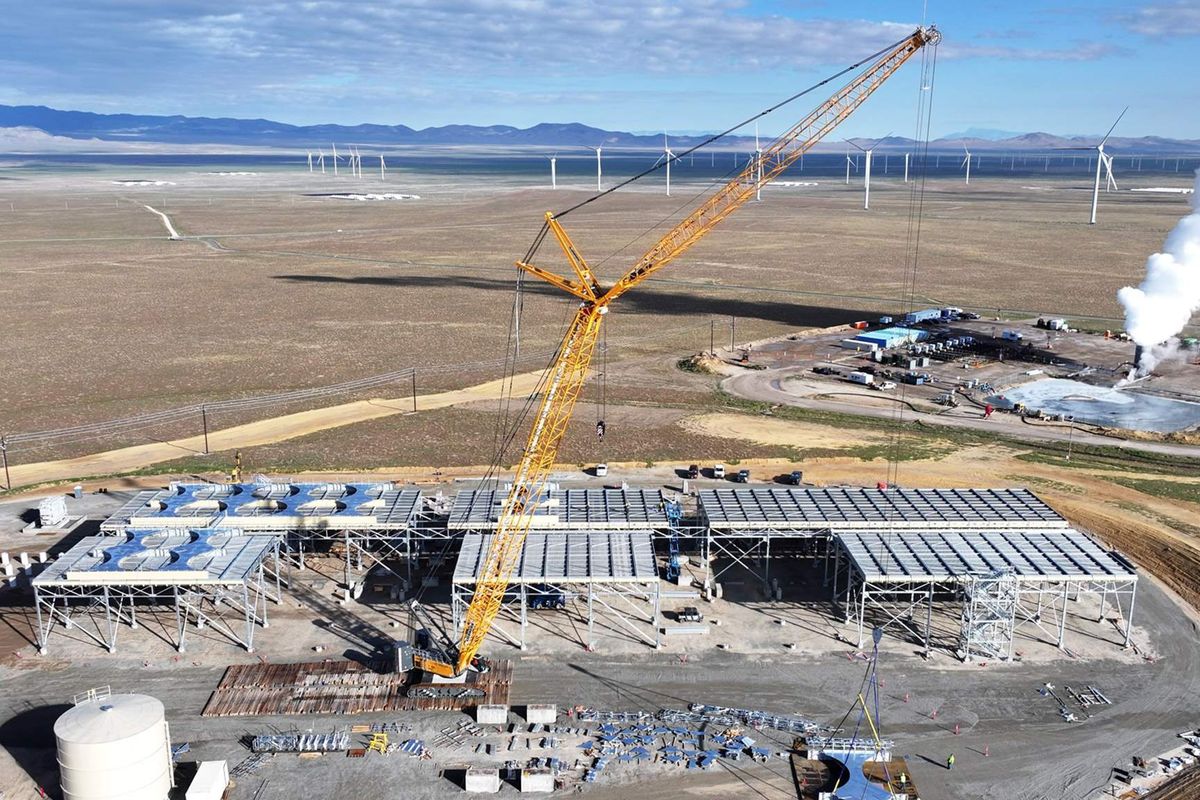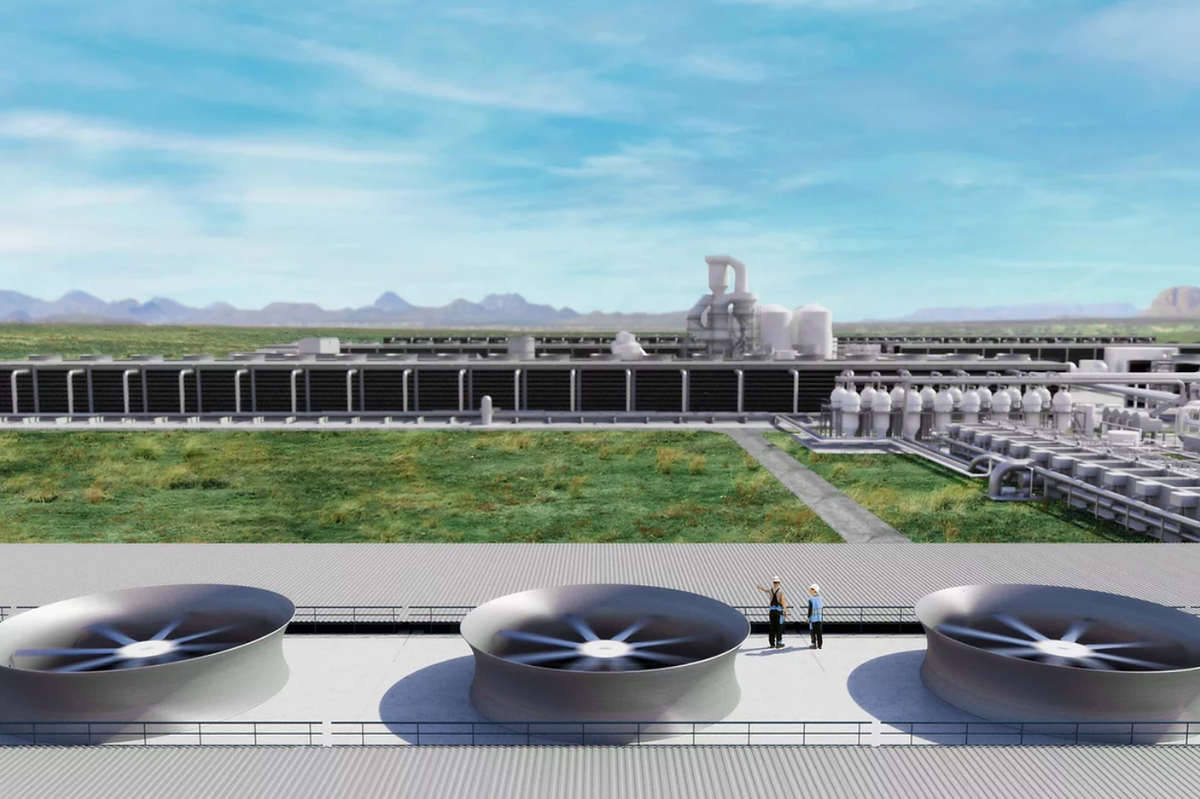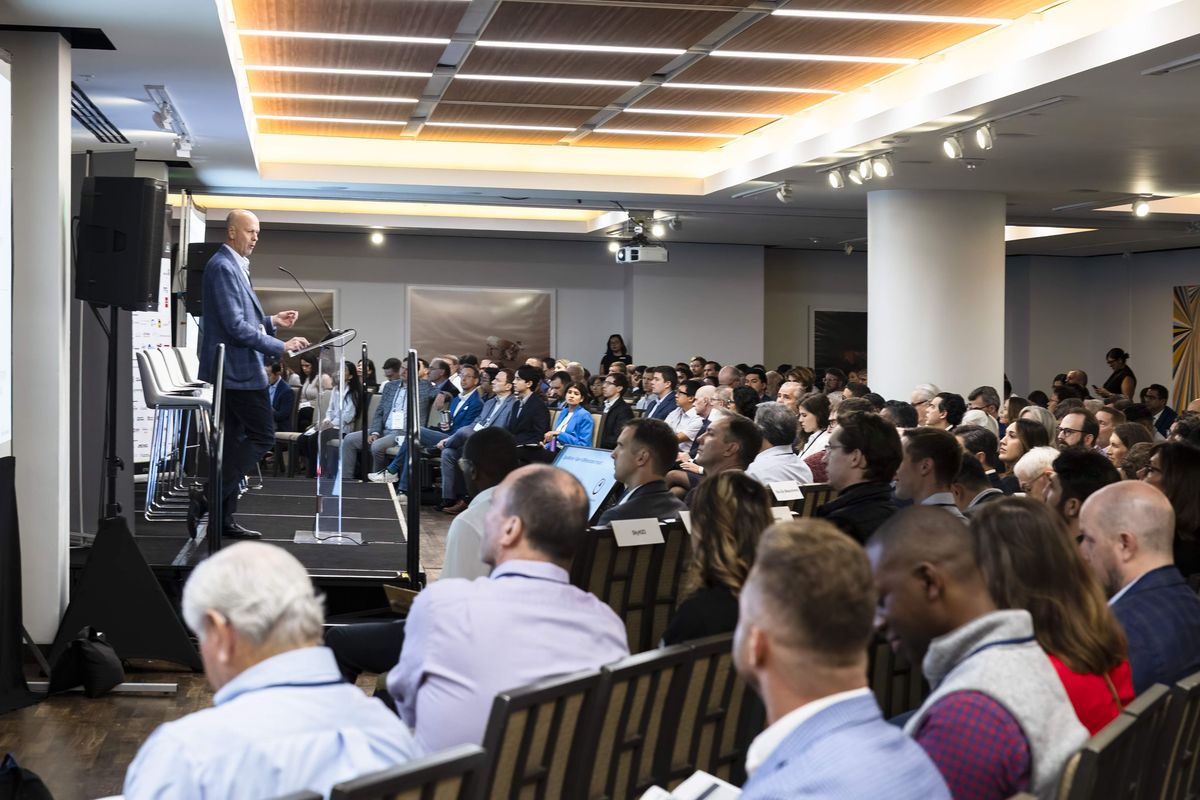Three Houston-area companies—Amperon, Hertha Metals and Vaulted Deep—appear on this year’s Global Cleantech 100 list.
The unranked list, generated by market intelligence and advisory firm Cleantech Group, identifies the 100 privately held companies around the world that are most likely to make a significant impact in the cleantech market over the next five to 10 years.
For the 2026 list, Cleantech Group received more than 24,000 Global Cleantech 100 nominations from nearly 60 countries. Cleantech Group scored those companies and narrowed the contenders to 264. An expert panel reviewed those nominees, and the list was whittled down to the 100 winners.
Here’s a rundown of the three Houston-area honorees:
Amperon
Founded in 2018 by Sean Kelly and Abe Stanway, Houston-based Amperon offers an AI-enabled energy forecasting and analytics platform designed to help stabilize electric grids. Amperon received undisclosed amounts of venture capital from National Grid Partners and Tokyo Gas Co. Ltd. last year and announced a recent investment from Samsung Ventures earlier this month.
Hertha Metals
Founded in 2022 by Laureen Meroueh, Conroe-based Hertha Metals provides a single-step process for producing sustainable steel. Last year, the company emerged from stealth mode and raised more than $17 million in venture capital.
Vaulted Deep
Vaulted Deep’s technology injects excess organic waste underground to remove carbon dioxide from the atmosphere. Julia Reichelstein and Omar Abou-Sayed founded the Houston-based company in 2023. Last year, the startup raised $32.3 million in venture capital. Also in 2025, Vaulted Deep signed a 12-year deal with software giant Microsoft to remove up to 4.9 million metric tons of carbon dioxide from the environment.
Vaulted Deep also made the list last year, along with Houston-based Syzygy Plasmonics and Fervo Energy. Fervo was also named the 2025 North American Company of the Year by Cleantech Group.











 Acquisitions and agreements fuel the top Houston energy news to knowCatch up on our top news for the first half of February. Courtesy photo
Acquisitions and agreements fuel the top Houston energy news to knowCatch up on our top news for the first half of February. Courtesy photo


